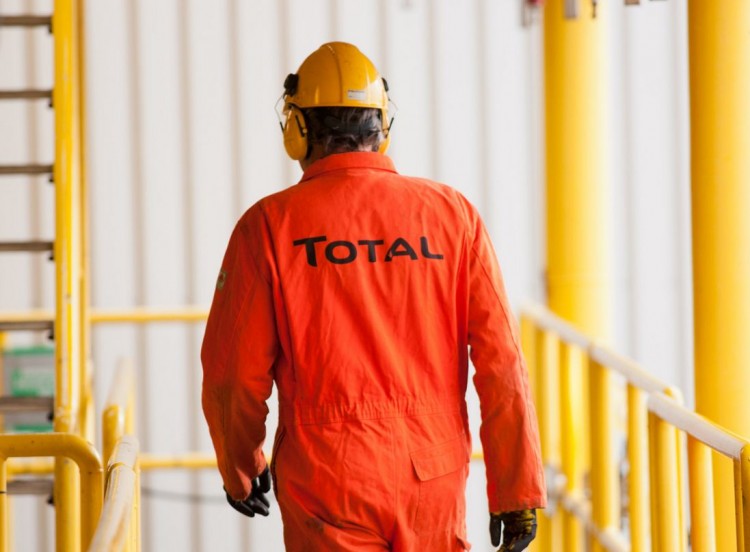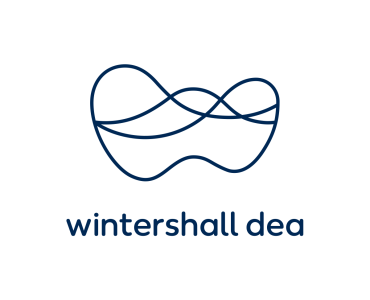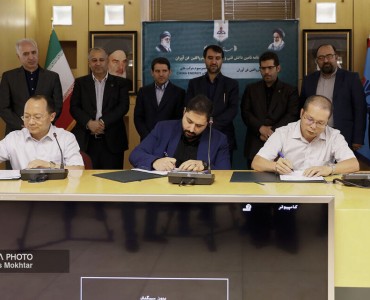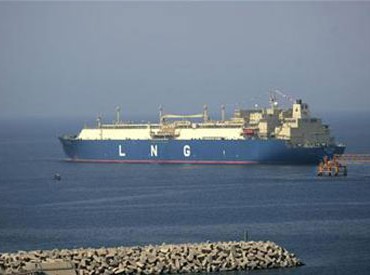Total SA is seeking the equivalent of up to $15 billion in Chinese financing to fund its expansion in Russia, its chief executive said, as U.S. sanctions complicate the French oil giant’s big bet there.
Total Chief Executive Patrick Pouyanné also told The Wall Street Journal that it expects oil-price volatility to continue through 2015 as oil supplies, driven partly by a rising tide of new production in the U.S., outstrip demand. “I think the price will not stabilize,” he said. “The idea that you will stabilize something is wrong. Volatility is in the commodity business.”
Mr. Pouyanné said Total is focusing on costs amid oil’s price slump, though he sees little prospect for big oil-sector deals for the time being.
“Our anticipation is that the increase of supply will remain above the increase of demand in 2015,” he said. “For me, I see this period as an opportunity to clean up the cost base of our company.”
Low oil prices and U.S. sanctions on Russia are among many challenges facing Mr. Pouyanné. The 51-year-old former refining chief took over as CEO in October following the death of Christophe de Margerie in a Moscow plane crash.
Like Mr. de Margerie, Mr. Pouyanné is embracing investments in politically risky areas.
Total is betting on Russia despite U.S. sanctions that aim to cut off Russian companies’ access to the U.S. financial system.
Mr. Pouyanné said he was seeking the equivalent of $10 billion to $15 billion in Chinese financing for the $27 billion Yamal liquefied-natural gas project in the Russian Arctic. He said the Chinese financing may come in both euros and yuan.
“You have a strong willingness to build the project financing” from the Chinese financial institutions, he said. “It’s not an easy task, to be clear. We would have preferred to do it with dollars.”
Mr. Pouyanné said he aimed to have a financing agreement by the middle of 2015 but didn’t say which Chinese institutions might be involved. Total, Russia’s OAO Novatek and China National Petroleum Corp. have invested in Yamal.
“There is a commitment there,” he said. “It’s a question then of conditions and we are working on that.”
If Total were to raise $15 billion it would be the largest reported private corporate deal that Chinese banks have taken part in, beating the $12 billion syndicated loan to Daimler AG in 2013 in which two of the 34 banks were Chinese.
Total expects Russia will be the most important region for its oil and gas output by 2020, when it hopes for production of around 400,000 barrels of oil equivalent a day. Last year, Total as a whole produced 2.2 million barrels a day.
Meanwhile, Mr. Pouyanné said Total’s project with another Russian company, Lukoil, to explore the vast Bazhenov shale reserves was on hold. He said the company hadn’t sought exemptions from the European Union for sanctions that have delayed the project.
Oil companies globally face the threat of eroding profits due to low oil prices. Brent crude prices have fallen to about $55 from more than $100 last year. U.S. oil prices are even cheaper.
“We need to react but not to overreact,” Mr. Pouyanné said. The company has announced 2,000 layoffs by 2017 and is seeking to divest $10 billion in assets. Among them, the company is considering selling its Frigg pipeline operations in the North Sea, said Mr. Pouyanné, confirming earlier media reports.
Mr. Pouyanné said he was confident Total would continue to have good access to bond markets for any broader funding needs. Total’s net debt as a percentage of equity rose to 31% in 2014, from 23% in 2013. He said the company would continue paying out at least half of its earnings in dividends.
More broadly, Mr. Pouyanné said it was too soon for big deals by companies struggling to weather the downturn. “I think it’s a little fantasy of bankers,” he said. “Let me be clear: It’s quite premature.”
Mr. Pouyanné faces other fronts of uncertainty beyond oil prices and Russia. They include uncertainty over whether sanctions against Iran could be lifted as part of a potential deal with Washington.
“In my philosophy, if you begin to rush out of a country each time you have a difficulty, the people will remember you are not faithful,” he said.
The Yamal LNG project marks the biggest effort by Total to tap China’s financial system. The project will have a capacity of 16.5 million metric tons a year of LNG, much of which will be shipped to China, according to Mr. Pouyanné. Chinese companies have been aggressively working to raise imports of LNG and piped natural gas to meet growing demand as well as a cleaner power-generating alternative to coal.
While tapping China’s financial system would solve the challenge of U.S. sanctions, it also presents other risks, he said.
“The oil-and-gas business is mainly a dollar-driven business, so when you begin to use other currencies you have some currency risks,” he said. “You can hedge euros easily. It’s more complex with the yuan or ruble.”
Source: Wall Street Journal












